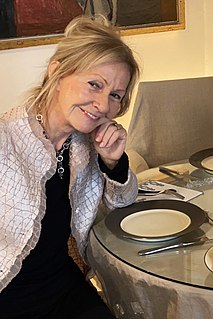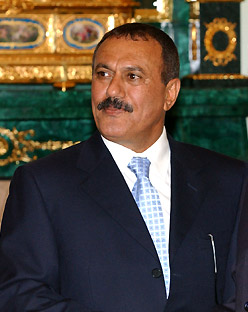A Quote by Lafcadio Hearn
French novels generally treat of the relations of women to the world and to lovers, after marriage; consequently there is a great deal in French novels about adultery, about improper relations between the sexes, about many things which the English public would not allow.
Related Quotes
When we strengthen our relations with the Gulf states, when we cooperate with the Arabs, everybody asks if we are looking for a new geopolitical place. But in the Middle East and the Gulf, you can find German, French and British goods everywhere. German relations to these states are very good, as are English and French relations. Does this make them Arab-oriented?
In Pakistan, many of the young people read novels because in the novels, not just my novels but the novels of many other Pakistani writers, they encounter ideas, notions, ways of thinking about the world, thinking about their society that are different. And fiction functions in a countercultural way as it does in America and certainly as it did in the, you know, '60s.
I think the French agonise more about being French, I don't think English think about being English that much. I think the Scottish think about being Scottish and the Welsh think about being Welsh, but the English don't really care. But the French think about it all the time, it's an absolute preoccupation.
There is nothing to be known about anything except an initially large, and forever expandable, web of relations to other things. Everything that can serve as a term of relation can be dissolved into another set of relations, and so on for ever. There are, so to speak, relations all the way down, all the way up, and all the way out in every direction: you never reach something which is not just one more nexus of relations.
French women love to shop and prepare food. They love to talk about what they have bought and made. It's a deeply natural love, but one that is erased in many other cultures. Most French women learn it from their mothers, some from their fathers. But if your parents aren't French, you can still learn it yourself.
There was a docudrama that was made, called 'The Death Of A Princess,' which was about a true story in Saudi Arabia. It was about a public execution for adultery. And when the movie was aired on British television, the Saudi government threatened to cut off oil exports and to cut off diplomatic relations.


































